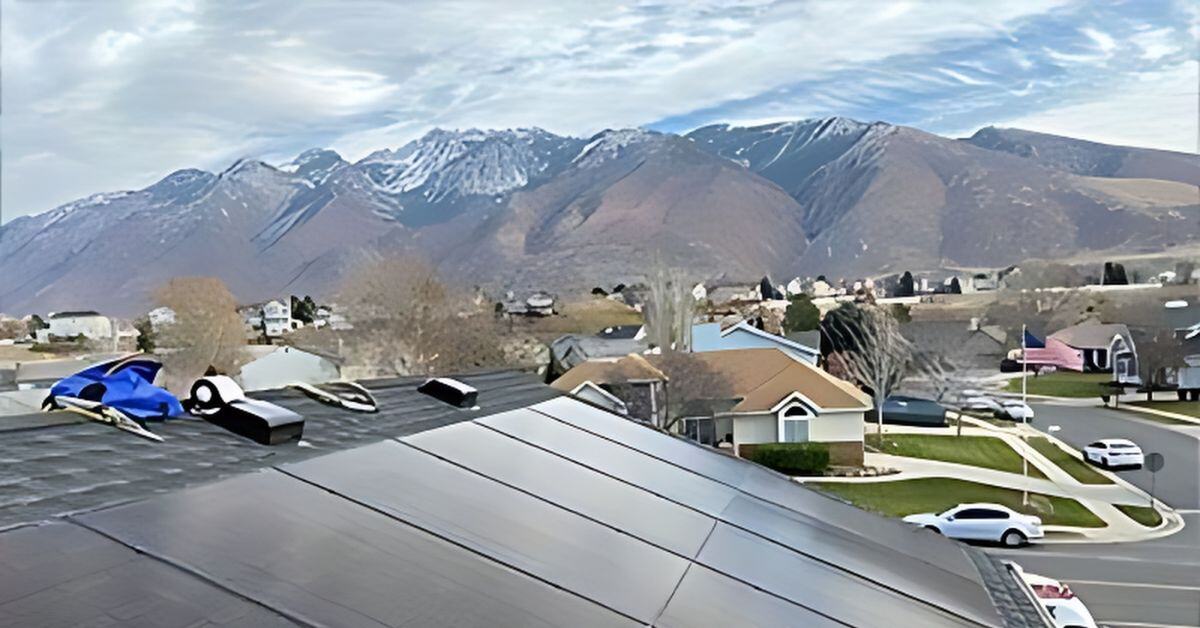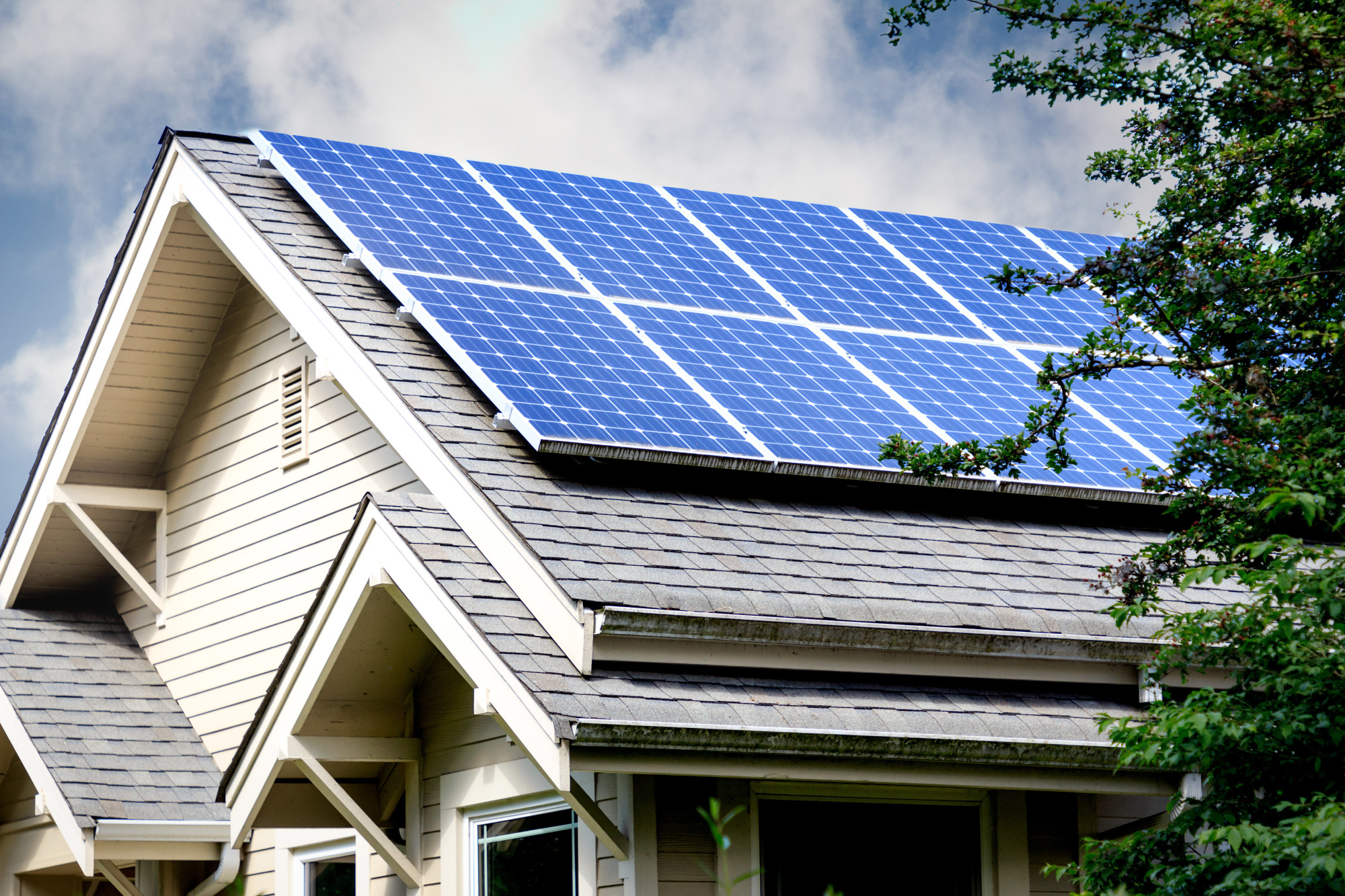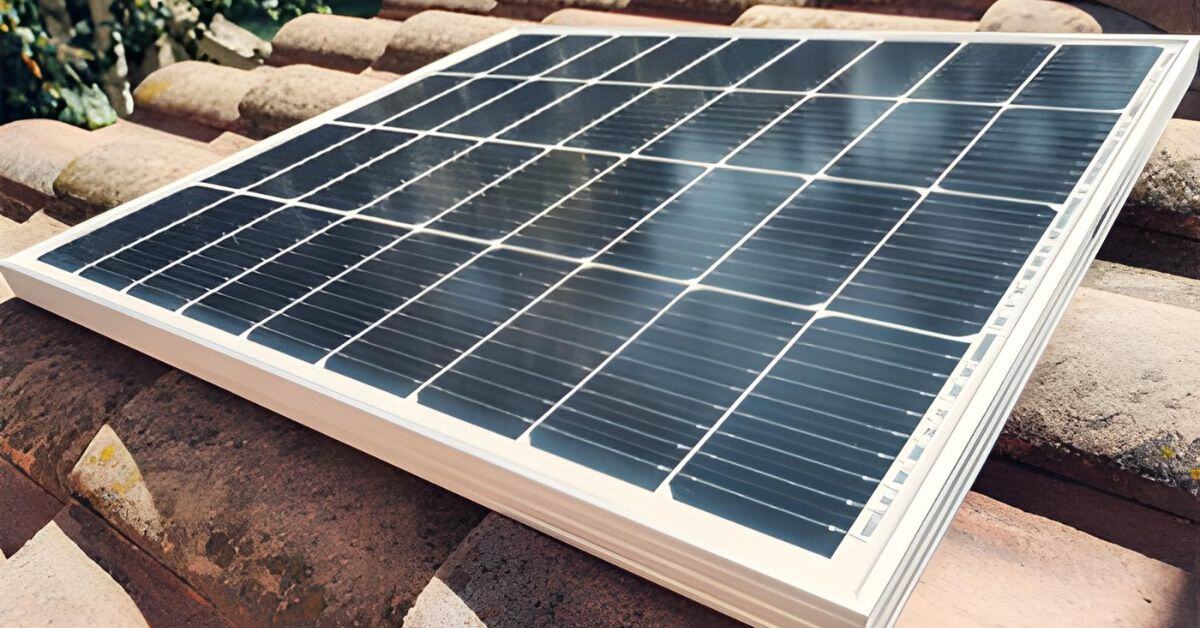Best Financing Options for Solar Panel Installation: Solar Loans with Beyond

Transitioning to solar energy is an investment in both sustainability and long-term savings. However, the upfront costs of solar panel installation can be a barrier for many homeowners. Fortunately, there are several solar installation financing options available that can make this transition more accessible. Understanding these options is crucial for homeowners looking to manage solar panel installation costs effectively.
Understanding Solar Panel Financing
Solar panel financing allows homeowners to install solar systems without a large initial investment. By leveraging solar loans, you can spread the cost over time and start saving on energy bills immediately. The solar panel installation cost can be mitigated by choosing the right financing option, ensuring a smooth transition to renewable energy.
Types of Solar Loans
There are various solar loan options to consider, each with unique benefits. Here are some of the most popular:
1. Secured Solar Loans
Secured loans require collateral, typically your home. These loans often have lower interest rates and may offer tax-deductible interest. However, they involve more risk, as defaulting could lead to the loss of your home.
Benefits:
- Lower interest rates
- Potential tax deductions
Drawbacks:
- Risk of losing collateral
- Longer approval process
2. Unsecured Solar Loans
Unsecured loans do not require collateral but generally have higher interest rates. They are similar to personal loans and offer a quicker approval process.
Benefits:- No collateral required
- Faster approval
Drawbacks:
- Higher interest rates
- No tax deductions
Home Equity Lines of Credit (HELOC)
A HELOC can be a cost-effective way to finance your solar installation. It typically offers lower interest rates than unsecured loans, and the interest might be tax-deductible. However, it does require using your home as collateral, which carries some risk.
Pros:
- Lower interest rates
- Potential tax benefits
Cons:
- Risk of foreclosure
- Requires home appraisal
Government-backed Loans
Government programs can also provide financing for solar panel installations. The Property Improvement Loan and Property Assessed Clean Energy (PACE) financing are notable options. These programs offer favorable terms and can make solar financing more accessible.
Advantages:
- Flexible loan amounts and terms
- Often low-interest rates
Considerations:
- Longer approval process
- Potential geographical restrictions
Choosing the Right Financing Option
When selecting a financing option, consider the following:- Interest Rates: Lower rates reduce overall costs.
- Terms: Longer terms mean lower monthly payments but higher total interest.
- Prepayment Penalties: Avoid loans with penalties for early repayment.
- Tax Benefits: Some loans offer tax-deductible interest.
Get Expert Help from Skyline Solar for Your Solar Financing Needs
Skyline Solar offers comprehensive support throughout the financing process, ensuring that you find suitable solution tailored to your needs. Our friendly team can explain the benefits of various financing options, including solar loans based on a solar panel cost per square foot, leasing solar panels, and how solar panels can increase home values.
Here are the benefits of choosing Skyline Solar:
- Expert Guidance: Our experts provide detailed information on solar financing options and tax incentives available in your area.
- Comprehensive Service: From consultation to installation, we handle everything to make your solar transition seamless.
- Personalized Solutions: We tailor financing packages to meet your specific needs and financial situation.


